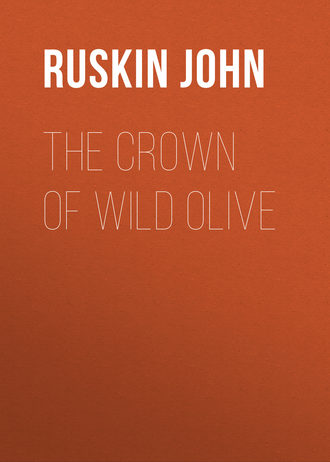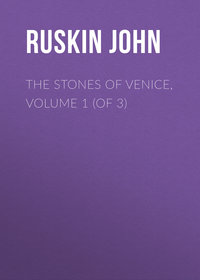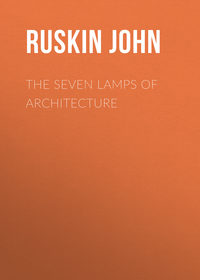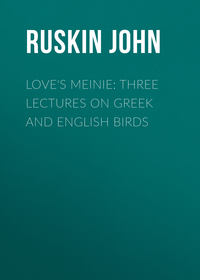The Crown of Wild Olive
 полная версия
полная версияThe Crown of Wild Olive
Жанр: культура и искусствозарубежная старинная литератураизобразительное искусстволитература 19 веказарубежная литература о культуре и искусствехобби, досуг
Язык: Английский
Год издания: 2018
Добавлена:
Настройки чтения
Размер шрифта
Высота строк
Поля









